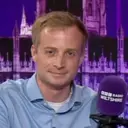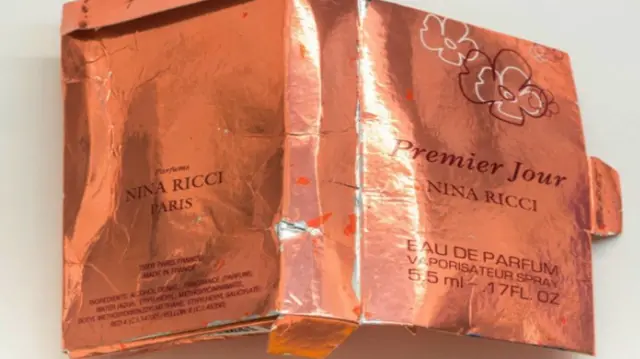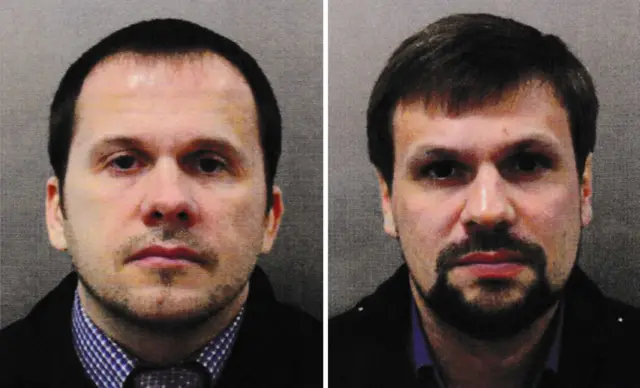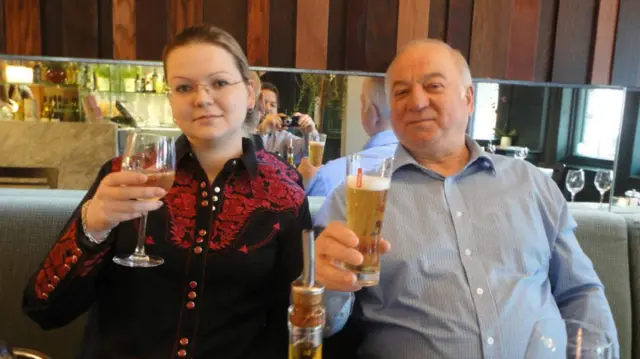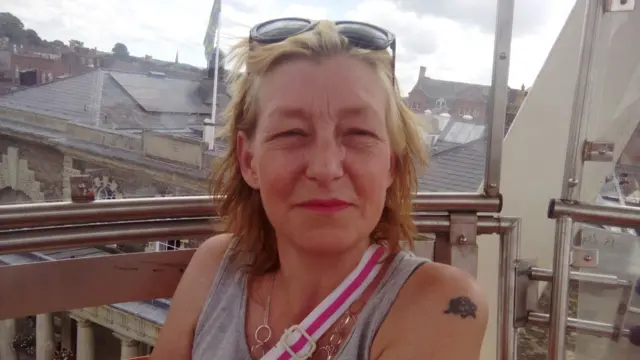Officers 'high-handed and dismissive' when dealing with Dawn's casepublished at 11:25 GMT 2 December 2024
Mr Nicholls has been talking very strongly about the police response.
“This catalogue of deficiencies cannot be explained as individual oversight or mere error of judgement.
"The family have followed this evidence closely.
Quote MessageFor them the police’s failings in this case reveal a cultural and attitudinal problem. The officers were high-handed and dismissive.
"They worked in stereotypes and they were blinkered by a singular and incorrect focus on drug use and their hurtful erroneous characterisation of Dawn was based on a selective approach to the information that they held."
He added none of the frontline officers accepted blame or apologised until very late in the day, "if at all".
